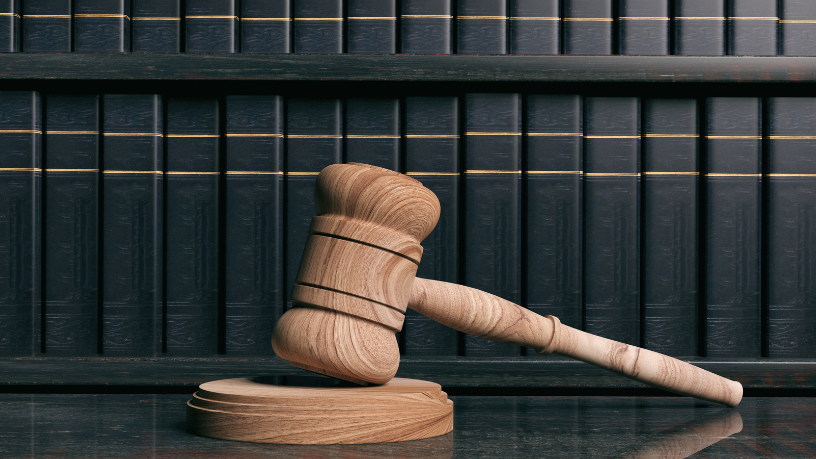The digitization of judicial acts has also transformed the way auctioning of seized goods occurs. Specialist lawyer Dr. Christian Zini Amorim points out that the electronic judicial auction requires extra attention to legal procedures, as small mistakes can lead to the annulment of the acquisition. In this virtual environment, the role of the lawyer involves technical analysis, process monitoring, and strategic actions to ensure legal security.
The growth of digital platforms has expanded the reach and efficiency of judicial auctions but also brought new challenges. Lack of knowledge of procedural details or carelessness with deadlines can compromise the validity of the act and harm the bidder. Therefore, the presence of an experienced lawyer is essential to prevent losses and ensure the compliance with all required legal steps.
What Are the Lawyer’s Main Roles in the Electronic Judicial Auction?
In the electronic auction, although not legally required, the lawyer acts as a guardian of the legal process, responsible for verifying the regularity of acts, assessing the risks of the acquisition, and ensuring that the client understands all the legal implications of the purchase. Thorough reading of the public notice, analysis of the asset’s procedural history, and checking for any real encumbrances or occupations are tasks that demand technical knowledge and attention to detail.

Another important point is monitoring the virtual auction, where objections, invalid bids, or suspicious behavior may arise. The lawyer can act quickly to intervene judicially, if necessary, by filing petitions or requesting measures from the executing judge. This support is crucial for both those wishing to acquire and those seeking to prevent the sale of the asset.
What Nullities Can Compromise the Validity of the Auction?
Errors in the public notice, such as the absence of relevant information or incorrect deadlines, are among the main causes of nullities in electronic judicial auctions. Dr. Christian Zini Amorim emphasizes that the legality of the public notice is an essential requirement for the validity of the acquisition. The failure to notify interested parties can also constitute an incurable defect, causing insecurity and subsequent annulment of the act.
Another sensitive aspect is the lack of transparency in conducting the virtual auction. Poorly structured platforms, system failures, or omission of bids due to technical problems can lead to annulment requests. The lawyer’s role in this scenario becomes critical to gather evidence, point out irregularities, and protect the client’s interest based on legal precedents.
How to Avoid Legal Issues During the Electronic Auction?
The best way to prevent nullities is to act with planning and technical rigor. This involves carefully reading the process, identifying possible defects from the seizure to the publication of the public notice, and checking if all mandatory notifications were fulfilled. The lawyer’s preventive actions prevent the acquisition from being later challenged. Dr. Christian Zini Amorim stresses that specialized legal advice allows the bidder to make decisions with confidence, fully understanding the legal and financial consequences of the bid made in the electronic environment.
Final Considerations on Acting in the Digital Environment
The electronic judicial auction has brought significant advances in terms of access and speed but also demands a meticulous technical approach. The fragility of certain digital acts can open the door to nullities, especially when procedural guarantees are not observed. Specialist lawyer Dr. Christian Zini Amorim concludes that being attentive to details and maintaining a strategic approach are key factors in protecting the client.
Author: Vania Quimmer





